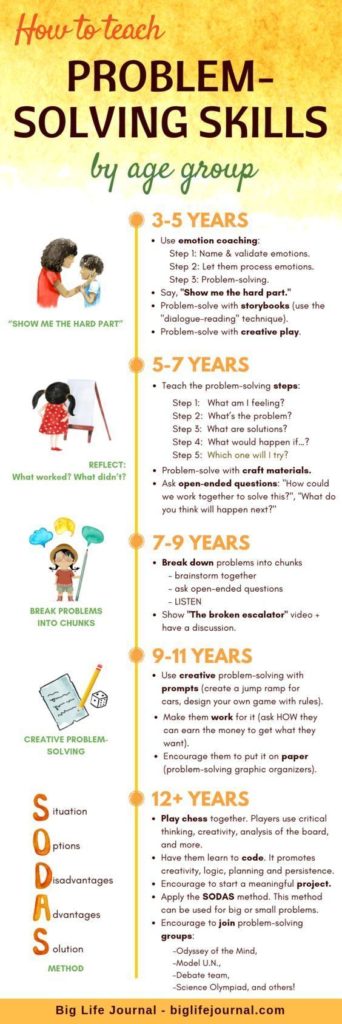When children feel good about themselves, they are willing to take more risks, both at school and socially, this allows them to be freer, have more friends, and love each other more.
Parents should understand that they are critical to developing children’s self-esteem.
- Cultivating a child’s self-esteem is a considerable responsibility.
- Self-esteem lays the foundation for your future because it encourages you to try to learn new things.
“A man knows his strength only when he encounters an obstacle. “
-Antoine de Saint-Exupéry-
According to family therapist Jane Nelsen, self-esteem means having a sense of belonging and believing we’re capable of it.
“As any parent knows, self-esteem is an ephemeral experience,” Nelsen said.
“Sometimes we feel good about ourselves, sometimes we don’t. What we’re really trying to teach our children are life skills, like resilience.
“His goal as a father is to develop in his son pride and self-respect, as well as faith and the ability to face the challenges of life.
Helping increase your child’s self-esteem is a daily task, the child learns by example, so to teach him or her to love himself, you must have high self-esteem.
“Educating a child is not teaching him what he didn’t know, but turning him into someone who didn’t exist. “
-John Ruskin-
A child’s self-esteem blossoms when their parents really love him.
The child must realize that his parents love him unconditionally; accept it as it really is, regardless of its qualities, flaws, difficulties, temperament or abilities.
Take the time to give your child all the attention he or she needs, and in doing so, you’ll send a message to your self-esteem— it’s very valuable and important to you.
But it’s not about quantity, it’s about quality. Take a break from your child’s care: ask interested in his or her things, talk to him or her, and answer his questions.
It’s very important for your child’s self-esteem to set reasonable and consistent rules. If a rule is broken, there are consequences.
Children feel safer when there are rules, when they know and understand them. This helps them meet expectations; they know what they can and can’t do.
The important thing is that there are not many rules, but they are consistent and have a purpose.
Encourage your child to try new things, such as eating a different meal, making new friends, or playing sports.
Give preference to activities that promote cooperation rather than competition.
Of course, there is always the possibility of failure, but without taking risks there is little chance of success. Stay by his side, help him get up and understand that we have learned from our mistakes and that next time we will do better.
Taking risks involves making mistakes. Mistakes make us think, seek solutions and take on the challenge of overcoming us. These are valuable lessons to boost your child’s self-esteem.
Let him make his own decisions. If you don’t do well at first, try again until you get it and that will make you feel good about yourself. This satisfaction will be a point of support for the next time you face a challenge.
Everyone reacts well to positive stimuli. Recognize the good things your child does every day and congratulate him.
Be specific; will increase your sense of success, achievement and self-esteem.
If your child needs to talk to you, stop and listen to what he needs to say. You need to know that your thoughts, feelings, desires and opinions are important.
Help your child understand what’s happening to them, how to manage his emotions, and feel good about themselves. It’s very important for him to label emotions.
Accept your feelings and emotions without judgment and show that you appreciate what you have to say.
Remember that your child faces many things, including shame, envy, and competition.
Even positive comparisons are harmful because you may feel under pressure.
Let your child know that he loves you as he is; this will help you realize your own worth.
Children who learn to respect things, people, and have compassion for them learn to appreciate each other.
Respect and compassion foster solidarity and the formation of values
It’s important to identify the irrational beliefs your child can have about himself. These beliefs may be related to your appearance, skills, and abilities.
Help him cope with his frustrations and strengthen his perseverance, help him become more realistic and establish clear criteria and objectives.

